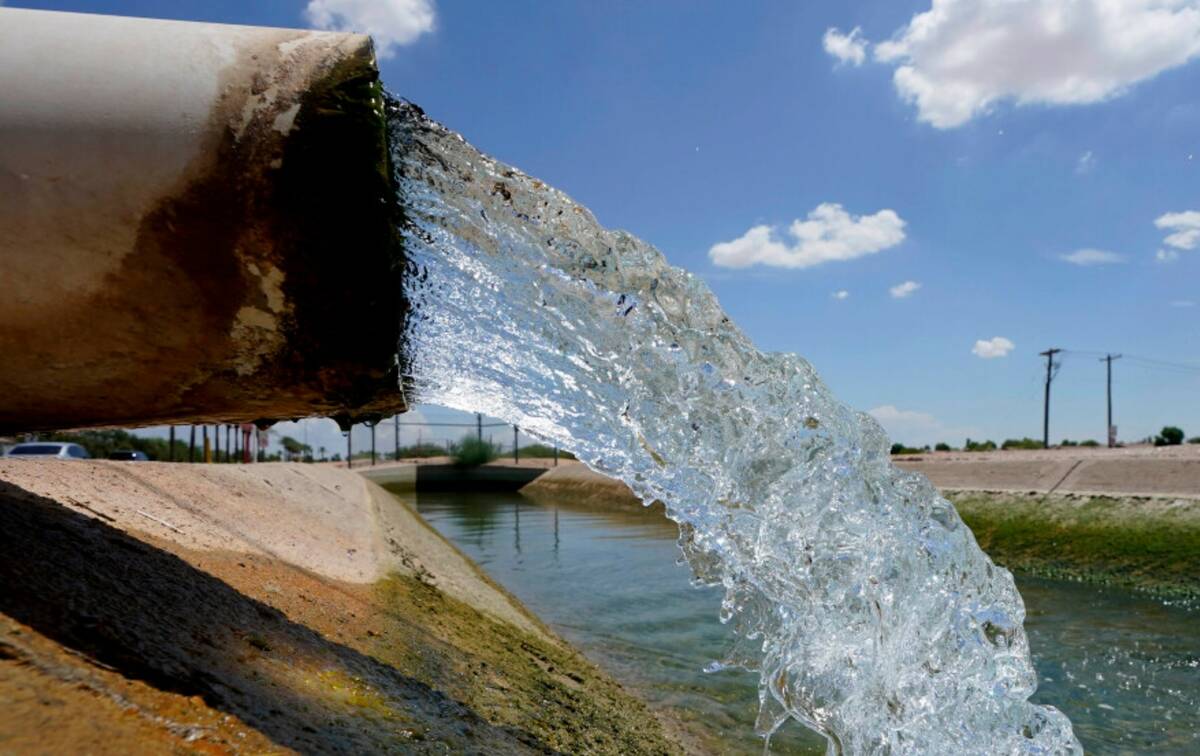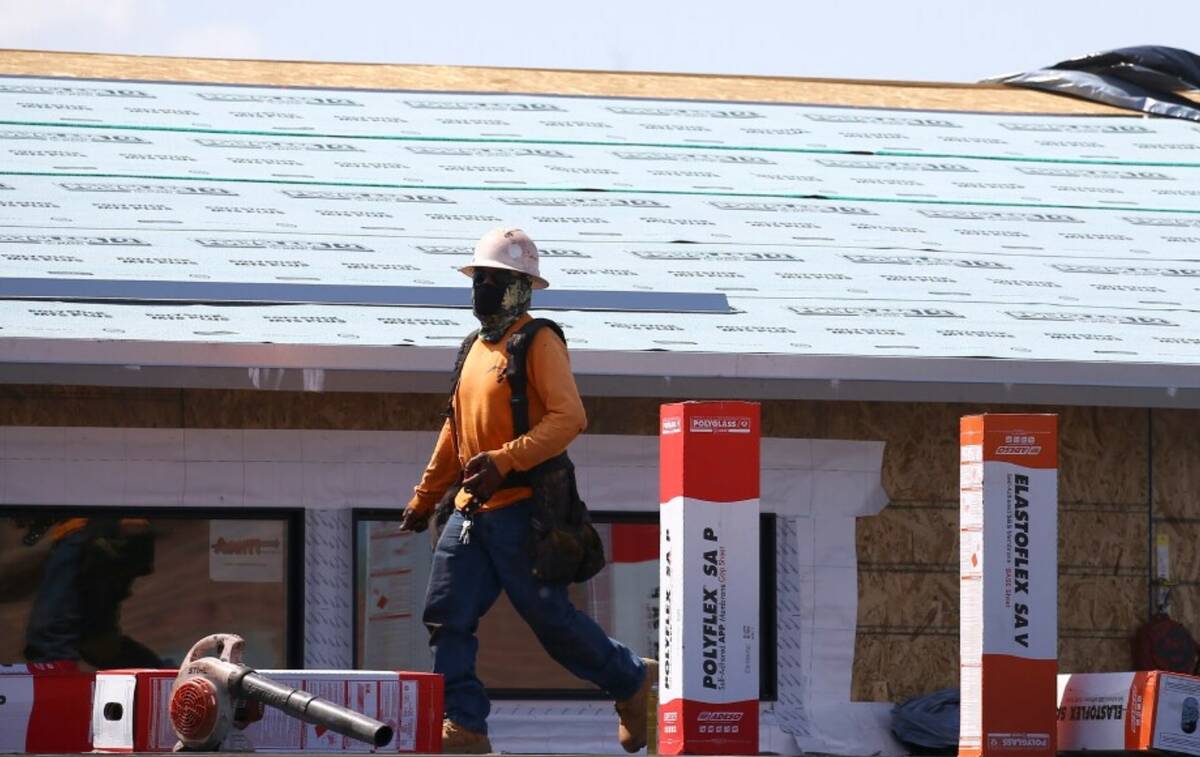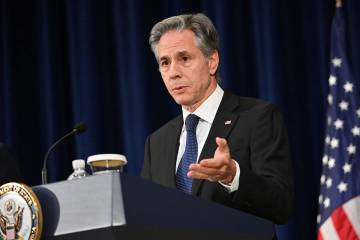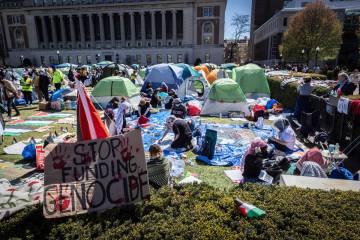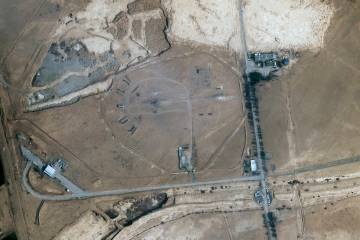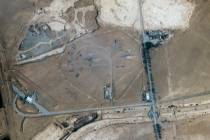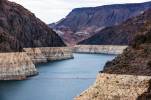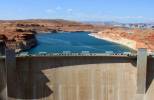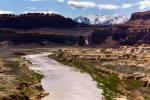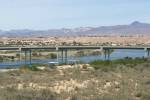Drought forcing Arizona to limit home construction; is Vegas next?
PHOENIX — Arizona will not approve new housing construction on the fast-growing edges of metro Phoenix that rely on groundwater thanks to years of overuse and a multi-decade drought that is sapping its water supply.
In a news conference Thursday, Gov. Katie Hobbs announced the restrictions that could affect some of the fastest-growing suburbs of the nation’s fifth-largest city.
Officials said developers could still build in the affected areas but would need to find alternative water sources to do so — such as surface or recycled water.
Driving the state’s decision was a projection that showed that over the next 100 years, demand in metro Phoenix for almost 4.9 million acre-feet of groundwater would be unmet without further action, Hobbs said. An acre-foot of water is roughly enough for two to three U.S. households per year.
Despite the move, the governor said the state isn’t running out of water. “Nobody who has water is going to lose their water,” Hobbs said.
Officials said the move would not affect existing homeowners who already have assured water supplies.
Hobbs added that there are 80,000 unbuilt homes that will be able to move forward because they already have assured water supply certificates within the Phoenix Active Management Area, a designation used for regulating groundwater.
Years of drought in the West worsened by climate change have ratcheted up pressure among Western states to use less water. Much of the focus has stayed on the dwindling Colorado River, a main water source for Arizona and six other Western states.
Water in Nevada
Nevada has substantially reduced the amount of water it consumes from the river in recent decades, thanks in large part to conservation programs like paying residents and businesses to remove their thirsty grass and banning grass lawns in new housing developments.
Southern Nevada also recycles the vast majority of its indoor water, which allows it to stretch its small share of the river. That reduction in water consumption has allowed the region to bank tens of thousands of acre-feet of its unused water in Lake Mead annually in recent years.
Arizona water woes
Over the past two years, Arizona’s supply from the 1,450-mile powerhouse of the West has been cut twice.
Phoenix relies on imported Colorado River water and also uses water from the in-state Salt and Verde rivers. A small amount of the city’s water supply comes from groundwater and recycled wastewater.
The drought has made groundwater — held in underground aquifers that can take many years to be replenished — even more vital.
Under a 1980 state law aimed at protecting the state’s aquifers, Phoenix, Tucson and other Arizona cities have restrictions on how much groundwater they can pump. But in rural areas, there are few limitations on its use.
Long pumped by farmers and rural residents in Arizona with little oversight, Hobbs and other state officials recently vowed to take more steps to protect the state’s groundwater supplies.
New restrictions
In rapidly growing Phoenix suburbs such as Queen Creek and Buckeye, developers have relied on unallocated groundwater to show that they had adequate water supplies for the next 100 years, which Arizona requires for building permits in some areas.
“Developers rely on groundwater because it has been frankly, cheaper and easier for them, and they have been able to move through the process much more quickly,” said Nicole Klobas, chief counsel for the Arizona Department of Water Resources.
Under the new restrictions, that won’t be possible.
“It closes off that path,” said Kathryn Sorenson, director of research at the Kyl Center for Water Policy at Arizona State University.
Because the rule largely affects cities and towns outside Phoenix and larger cities in the metro area, Sorenson said developers would likely “weigh whether they want to continue to buy relatively cheap land … and incur the cost of developing a whole new water supply versus purchase land that is probably more expensive without the boundaries of a designated city.”
— The Review-Journal contributed to this report.



